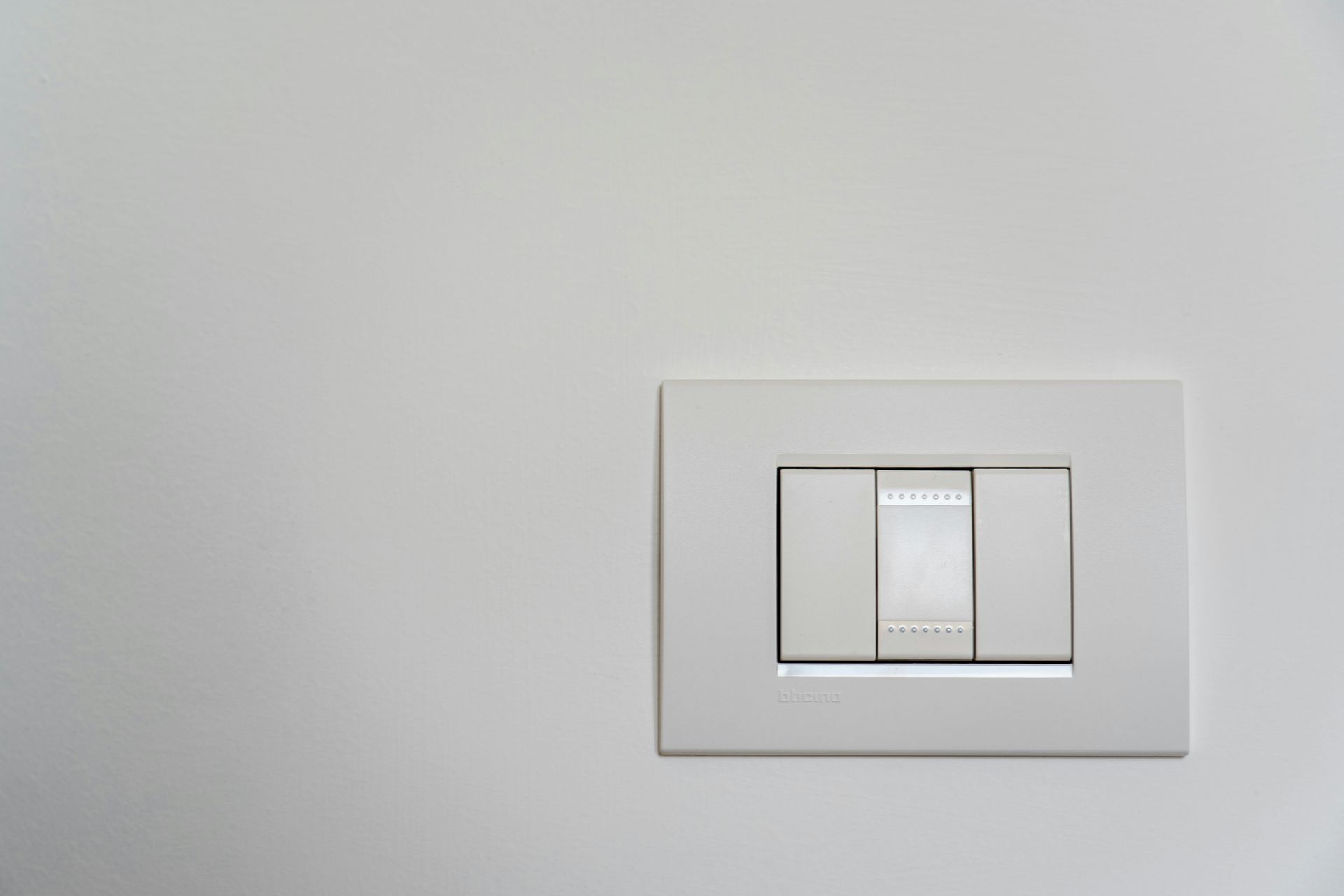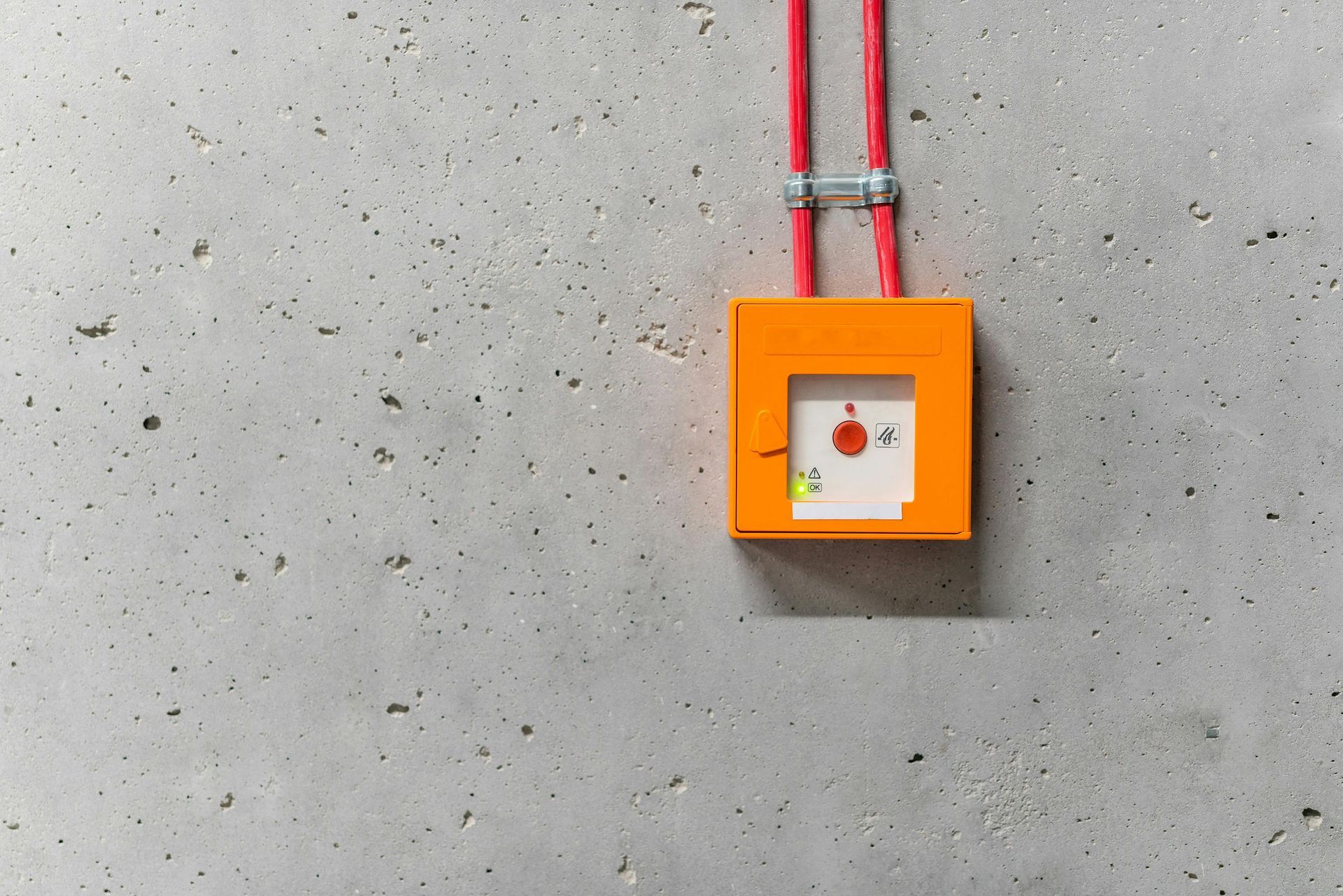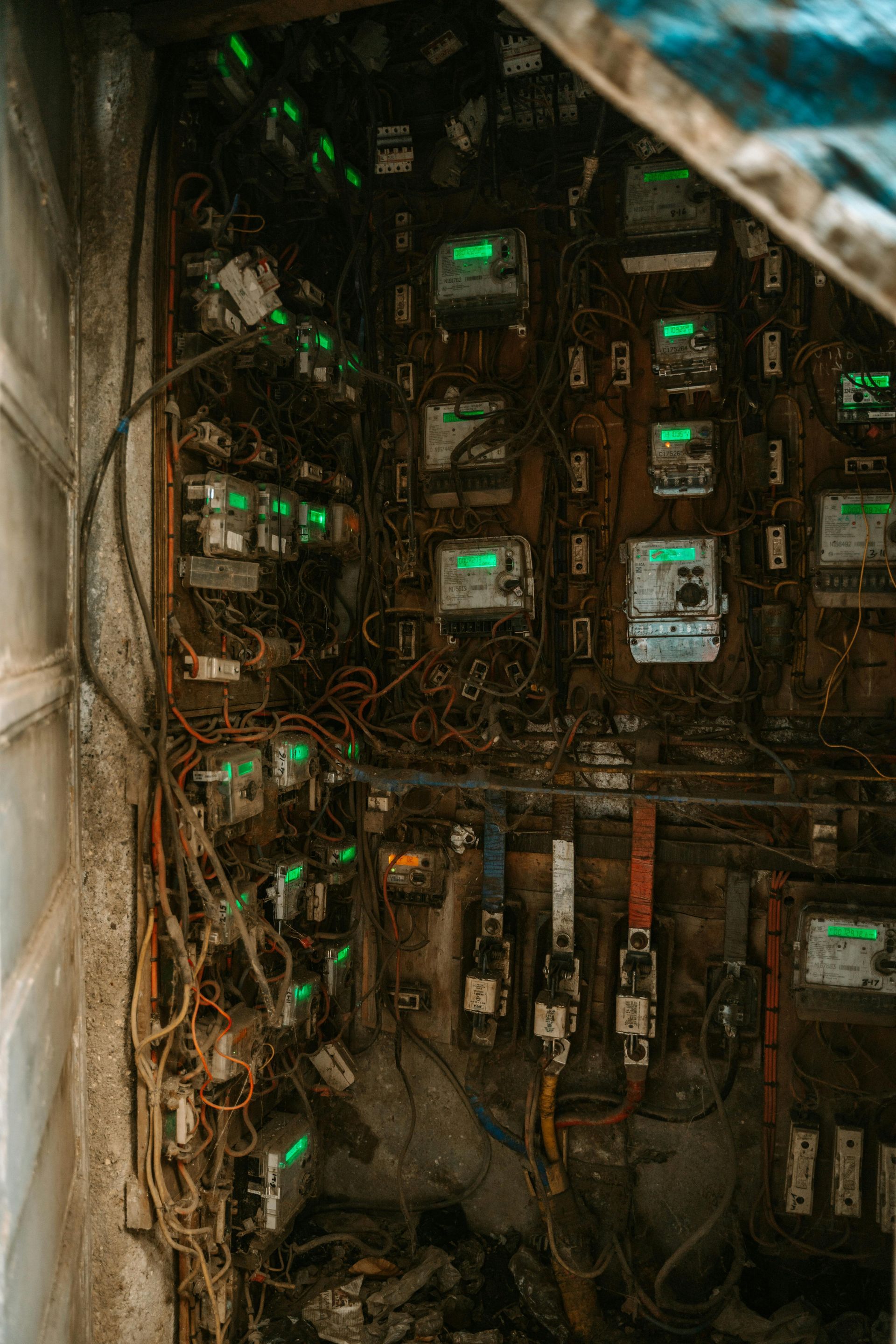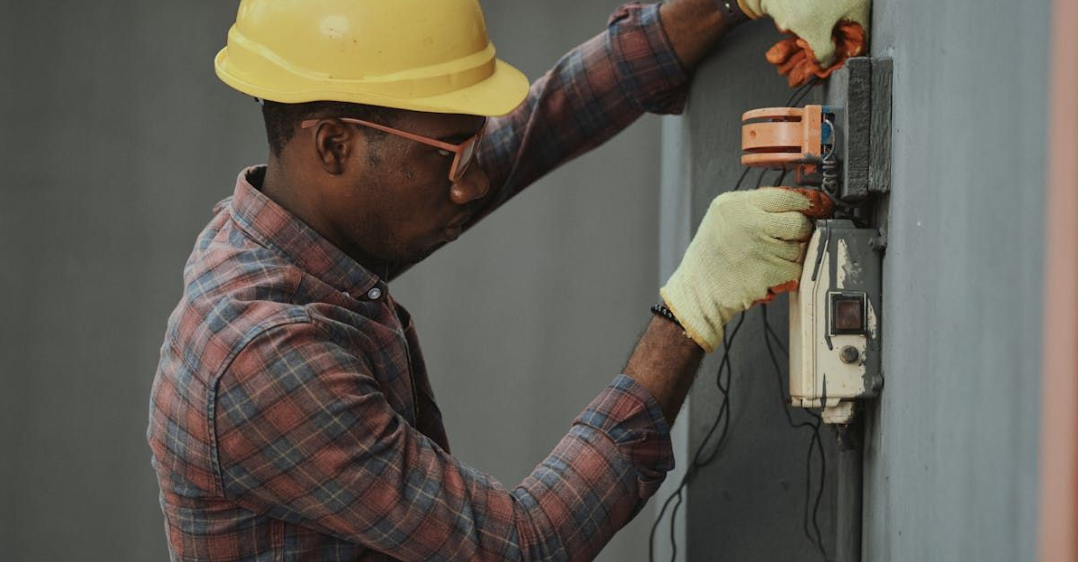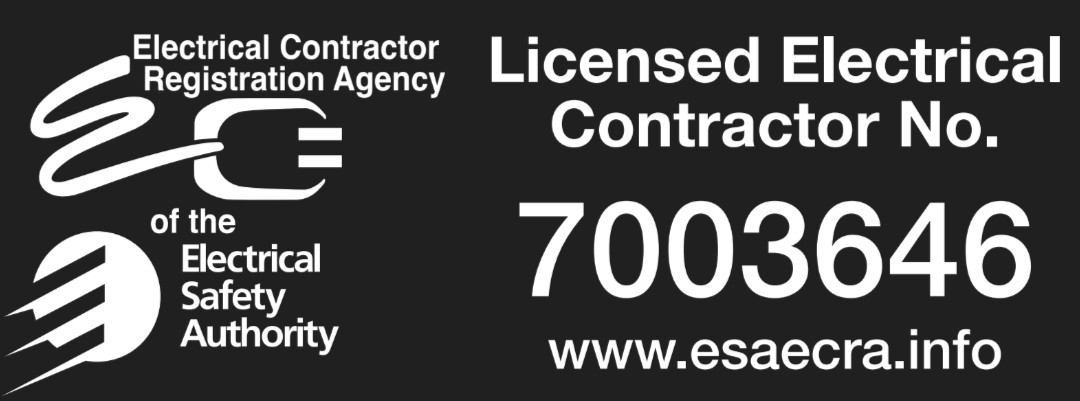Powering Up Your Home: Everything You Need to Know About Electrical Panel Upgrades
Why might you need to upgrade your electrical panel?
Powering Up Your Home: Everything You Need to Know About Electrical Panel Upgrades
Hey there, homeowners! Let's discuss something vital to your home's safety and functionality: your electrical panel. It's the unsung hero of modern living, quietly powering everything from your lights to your refrigerator. But just like anything else, electrical panels can age and require attention. Is yours up to the task? Let's explore the world of electrical panel upgrades.
Why Should You Consider an Electrical Panel Upgrade?
Think of your electrical panel as the central command center for all things electrical in your house. It manages the flow of electricity, preventing overloads and ensuring your appliances run smoothly. But what happens when this command center becomes outdated or can't handle the demands of our modern, gadget-filled lives? That's when you need to consider an electrical panel upgrade. It's not just about convenience but safety and future-proofing your home.
- Safety First: Older panels can be a significant fire hazard. Frayed wiring, loose connections, and outdated components dramatically increase the risk of electrical fires. Upgrading your home electrical panel is a proactive step towards protecting your loved ones and your property.
- Powering Your Life: We live in a world of energy-hungry devices! Our electricity demands have skyrocketed from smartphones and laptops to high-definition TVs and energy-efficient appliances. An electrical panel upgrade ensures your home can handle the load without constantly tripping breakers or experiencing frustrating power outages.
- Future-Proofing Your Home: Are you planning a renovation, adding a new room, or thinking about installing a smart home system? A smart home electrical panel upgrade will provide the necessary capacity to support your future electrical needs, ensuring you're ready for whatever comes next.
- Increased Home Value: A modern, up-to-code electrical panel is a major selling point for potential buyers. An electrical panel replacement or upgrade can significantly boost your home's value and make it more attractive in the competitive real estate market.
Signs You Might Need an Electrical Panel Upgrade
How do you know if your electrical panel needs some love? Here are some clear warning signs:
- Flickering Lights: Flickering lights could indicate a problem with your electrical panel or wiring. Don't ignore them; they're a sign that something needs checking out.
- Tripping Breakers: Occasional breaker tripping is normal, but frequent tripping is a strong indicator that your panel might be overloaded or outdated.
- Burning Smells: Any unusual odours from your electrical panel are a serious red flag and demand immediate attention. Don't hesitate to call an electrician right away.
- Outdated Panel: If your panel is more than 25 years old, it's likely time for a professional check-up, even if you're not experiencing any obvious problems.
- Visible Damage: Look for signs of rust, corrosion, or physical damage to your electrical panel. These are all signs of potential problems.
- Insufficient Amperage: If your panel doesn't provide enough amperage to meet your needs, you'll need an upgrade to avoid overloading and potential hazards.
- Crackling or Buzzing Sounds: Unusual noises coming from your panel could indicate loose connections or other electrical problems. Safety first: get it checked!
What's Involved in an Electrical Panel Upgrade?
An electrical panel upgrade is a complex and potentially dangerous job that should only be handled by a qualified, licensed electrician. Here's a general overview of the typical process:
- Assessment: The electrician will thoroughly assess your current electrical system and determine the appropriate size and type of panel for your specific needs.
- Permitting: You'll need permits for an electrical panel upgrade in most areas. Your electrician can guide you through this crucial process.
- Disconnecting Power: The electrician will safely disconnect the power to your home before starting any work. This is a critical safety step.
- Removing the Old Panel: The old electrical panel will be carefully and safely removed.
- Installing the New Panel: The new electrical panel will be expertly installed and connected to the existing wiring.
- Testing: The electrician will meticulously test the new panel to ensure it's functioning correctly and safely.
- Inspection: A local electrical inspector will typically need to approve the completed work, ensuring it meets all safety codes.
Tips for Choosing an Electrician
Selecting the right electrician for your electrical panel upgrade is absolutely essential for your safety and peace of mind. Here are some key tips:
- Experience: Choose an electrician with extensive, demonstrable experience in electrical panel upgrades. Ask for specifics about their experience with similar projects.
- Licensing and Insurance: Make sure the electrician is fully licensed and insured. This will protect you in case of accidents or damage.
- References: Don't hesitate to ask for references from previous customers. Talking to past clients can give you valuable insights.
- Upfront Pricing: Get a detailed, written estimate before any work begins. This avoids surprises later on.
- Reputation: Check online reviews and ratings to gauge the electrician's reputation in the community.
The Cost of an Electrical Panel Upgrade
The cost of an electrical panel upgrade can vary depending on several factors, including the size of your home, the type of panel you need, and the complexity of the job. It's always best to get quotes from several qualified electricians to compare pricing. Remember, though, the cheapest option isn't always the best. Prioritize quality workmanship and safety over simply the lowest price.
Don't Delay – Prioritize Your Safety
An electrical panel upgrade isn't just about convenience or keeping up with technology; it's fundamentally about safety. If you suspect your electrical panel needs attention, don't delay. Contact a qualified, licensed electrician to schedule a thorough inspection. Investing in a home electrical panel upgrade is an investment in your family's safety and the long-term value of your home.
Beyond the Basics: Smart Home Electrical Panel
Are you considering the future of your house? Electrical management is elevated to a new level with a smart home electrical panel. Exciting features like remote control, comprehensive energy monitoring, and adjustable circuit control are available with these cutting-edge panels. They can even lower your energy costs and provide you with previously unheard-of control over your electrical system. A smart home electrical panel is absolutely worth looking at if you're planning a significant remodel or building a new house.
Questions to Ask Your Electrician
- What size panel do I actually need?
- What specific type of panel do you recommend for my home?
- How long will the entire upgrade process take?
- What permits are required for this project?
- What is the total, all-inclusive cost of the upgrade?
- Do you offer any financing options?
- What are your qualifications and relevant experience?
A Well-Powered Home is a Happy Home
Your electrical panel is the backbone of your home's electrical system. By understanding the signs of an outdated panel and taking proactive steps to upgrade, you can ensure your family's safety, comfort, and convenience for many years to come. Don't take your electrical system for granted. Give it the professional attention it deserves, and you'll enjoy the peace of mind that comes with a reliably powered home.



